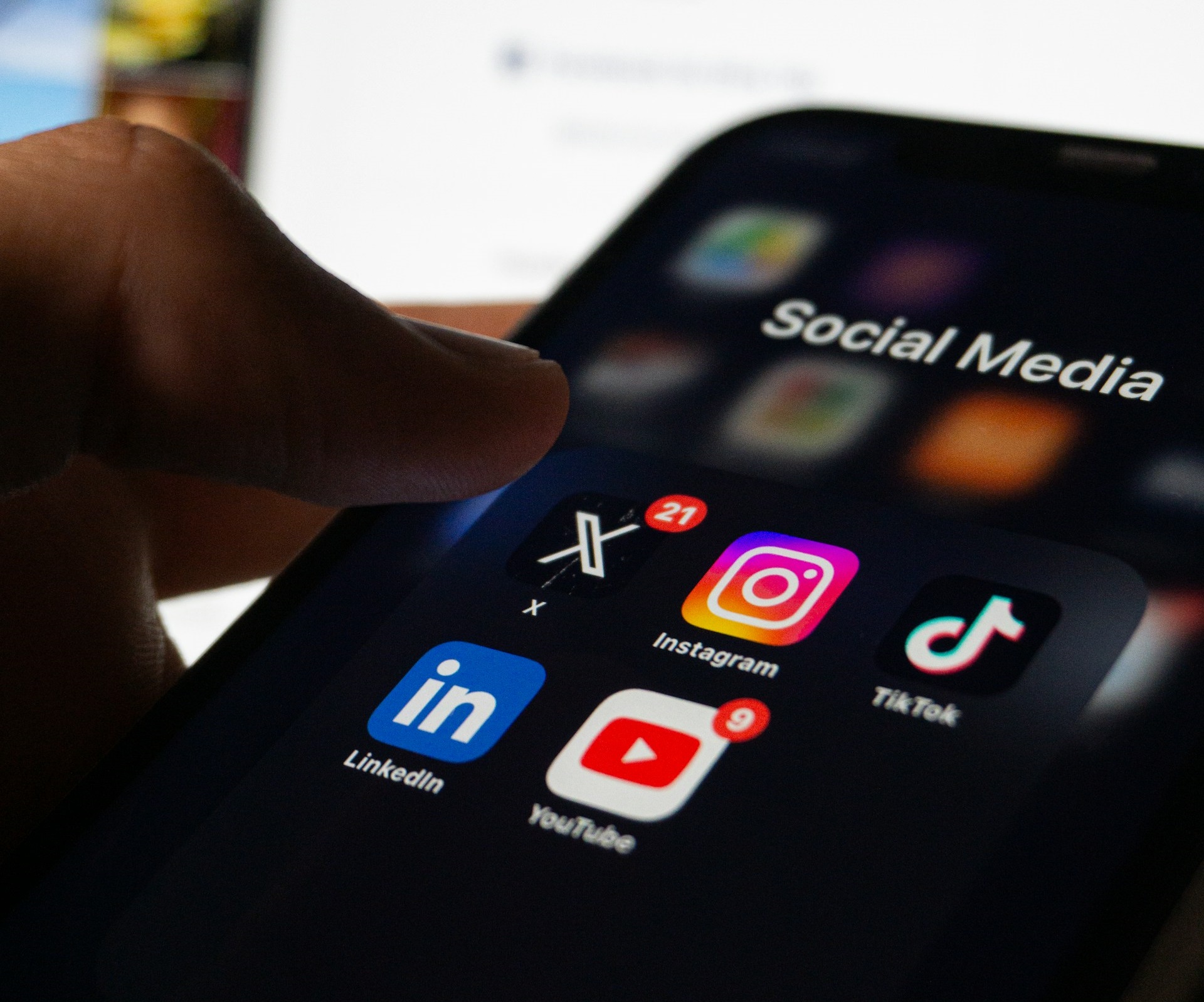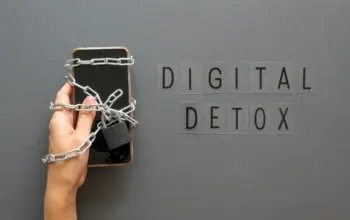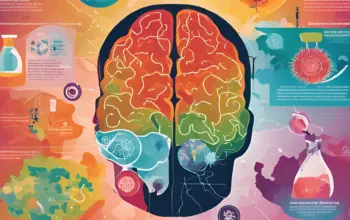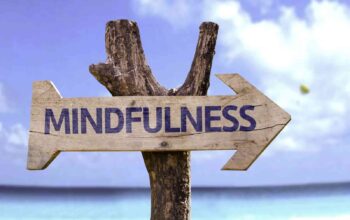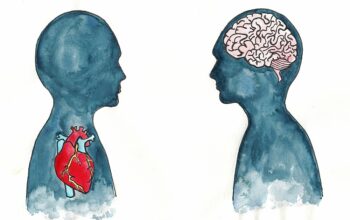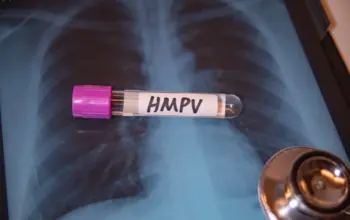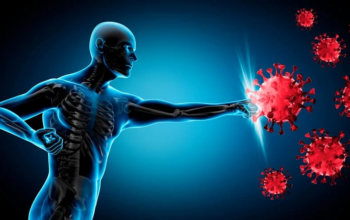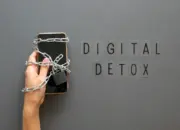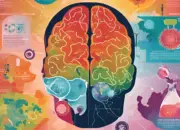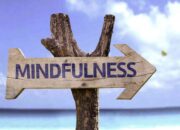Uzone.id – We’ve all heard horror stories about social media: the endless scrolling, the constant comparisons, the FOMO (fear of missing out). It’s easy to get caught up in the negative aspects and feel like it’s doing more harm than good. But let’s not overlook the positives.
There’s a brighter side to social media, and it can actually have a positive impact on your mental health. When used mindfully, social media can be a valuable tool for connection, inspiration, and even a little bit of fun.
Let’s dive into some of the benefits of scrolling through your feed!
1. Connecting with others—so you are less lonely
Based on a study by the Pew Research Center, 73% of adults use social media to stay in touch with friends and family–and find new people.
These platforms are helpful for people who feel isolated or lonely. Sometimes talking to people, whether online or face-to-face will help them, and social media has it all.

That’s the main point of social media, it’s a new way of connecting people. Whether you’re chatting with your best friend or joining online communities, social media can provide a sense of belonging and support.
“Finding a supportive online community can reduce feelings of loneliness and provide a sense of belonging,” said Jared Boot-Haury, PsyD, a licensed clinical psychologist in San Francisco.
Social media can be a powerful tool for building and maintaining relationships. It’s often used to stay connected with people who are important to you, even if you’re physically distant.
2. Access to mental health resources and education
Social media has become a real game-changer for spreading awareness about mental health and connecting people with valuable resources like individual therapists, support groups, events, advocacy campaigns, and educational content.
It’s easy to say that social media is a treasure trove for anyone looking for support or information about mental health.
“One of the biggest benefits of social media is the ability to raise awareness on mental health issues in a way that’s accessible to a large audience. It’s a valuable tool for educating people who might not have access to traditional resources,” said Dr. Jessica Gold, a psychiatrist at Washington University.
These days, it’s like having a mental health support system right at your fingertips. With social media platforms like Instagram, TikTok, and Twitter, you can easily find all sorts of information about self-care, mental health services, and even online campaigns and events.
Many mental health professionals and organizations are tapping into these platforms to engage younger audiences, using ads, hashtags, and compelling content to reach a broader audience and make mental health more accessible.
“While their accounts (and others) aren’t substitutes for one-on-one services such as counseling or therapy, they’re still helpful for providing guidance,” quoted from Very Well Mind.
They post quick tips, educational videos, and mental health advice in a way that’s easy to digest and engage with.
3. A creative way to free yourself
Sometimes, all we need is a place to let it all out. Social media can be that space. Whether you’re sharing your thoughts, creating art, or just posting a funny meme, expressing yourself online can be a powerful way to manage stress, process emotions, and feel better.
Platforms like these provide a unique opportunity for self-expression, offering a positive impact on mental health by allowing you to release emotions, share your story, or simply be yourself.
TikTok, Instagram, Facebook, and YouTube have become the go-to platforms for people to express their creativity. By joining hashtag trends, tutorials, or open discussions, you can express yourself in fun and imaginative ways.
According to a study from the University of Westminster, engaging in creative activities like sharing art, videos, or music on social media can help reduce cortisol levels (the stress hormone) and help users feel more relaxed.
“Focusing on the present moment and the creative process can help reduce anxiety and promote relaxation, and promote positive emotions and decrease cortisol levels, a hormone related to stress,” said Juliette Burton from MQ Mental Health.
So, the next time you feel like making a TikTok dance video or posting your latest artwork, know that it’s more than just fun—it’s also good for your mental health!

